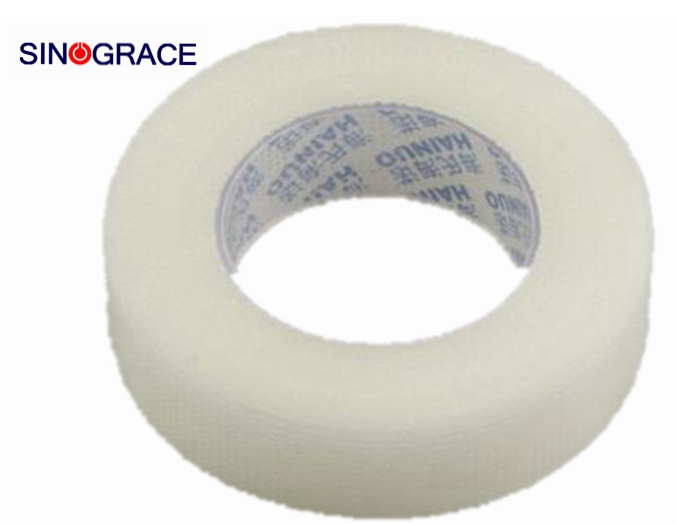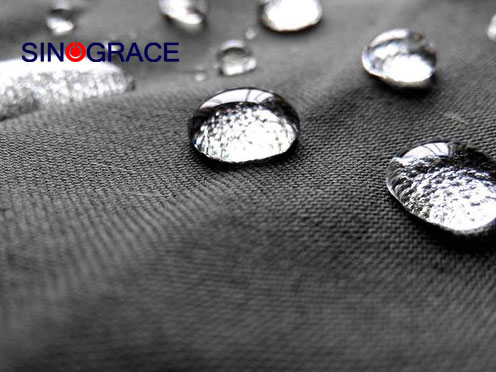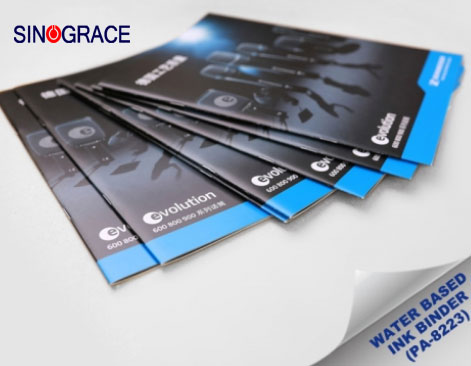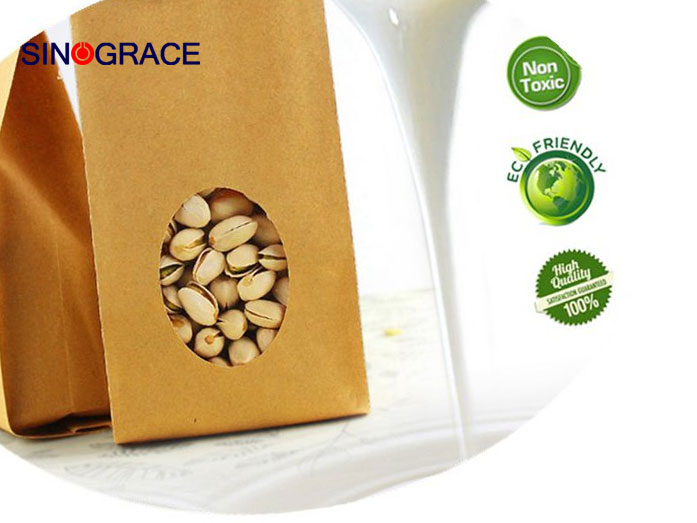How much do you know about the application of water-based composite adhesive in flexible packaging industry
With the continuous enhancement of human awareness of environmental protection, environmental laws and regulations are constantly introduced and improved all industries are working together in the direction of environmental protection, green and health.With the development of flexible packaging industry, it has become an inevitable trend to reduce and remove organic solvents used in compounding.Water-based composite adhesive in the use of methods and price technology is gradually mature, become the new darling of the soft bag industry, has achieved rapid development inside and outside. In the plastic composite and plastic aluminum composite, mainly with water-based polyurethane and water-based acrylic polymer water-based adhesive mainly has the following advantages. the composite strength of water-based adhesive molecular weight is large, is dozens of times of polyurethane adhesive, its adhesion is mainly by van der Waals force, belongs to physical adsorption, so a small amount of glue can achieve quite high composite strength soft, more suitable for aluminum film composite One-component softer than the two-component polyurethane adhesive, water-based adhesive when they completely after solidification, very rigid polyurethane adhesive, water-based adhesive is very soft So soft properties of water-based adhesive and composite elastic is more suitable for aluminized film, not easily lead to aluminum plating film transfer. do not need to cure, cutting and after off the plane.Single component water-based adhesive compound does not need to be cooked, after the machine can be cut bag and other subsequent processes.This is due to the initial adhesive strength of water-based adhesive, especially the high shear strength, to ensure that the product will not produce tunnel folds and other problems in the process of composite and cutting.Moreover, the strength of the film composite with water-based adhesive can improve by 50% after 4 hours. Here is not the concept of curing, the colloid itself does not occur cross-linking, mainly with the leveling of the glue, the composite strength also improves. rubber thin, good transparency Less as a result of water-based adhesive glue, and glue concentration higher than that of solvent adhesive, so need drying and discharge water also far less than water completely after drying, solvent adhesive film will become very transparent, due to the sub is thinner, so the transparency of composite is also better than solvent-based adhesive environmental protection, harmless to people.There is no residual solvent after drying of water-based adhesive. Many manufacturers use water-based adhesive to avoid residual solvent brought by composite, so the use of water-based adhesive production is safe, and there is no damage to the health of operating staff. With the increasing application of composite flexible packaging materials, water-based composite adhesive is not only used in the packaging of food and drugs, but also used in the pa...
read more

 English
English français
français русский
русский español
español العربية
العربية








